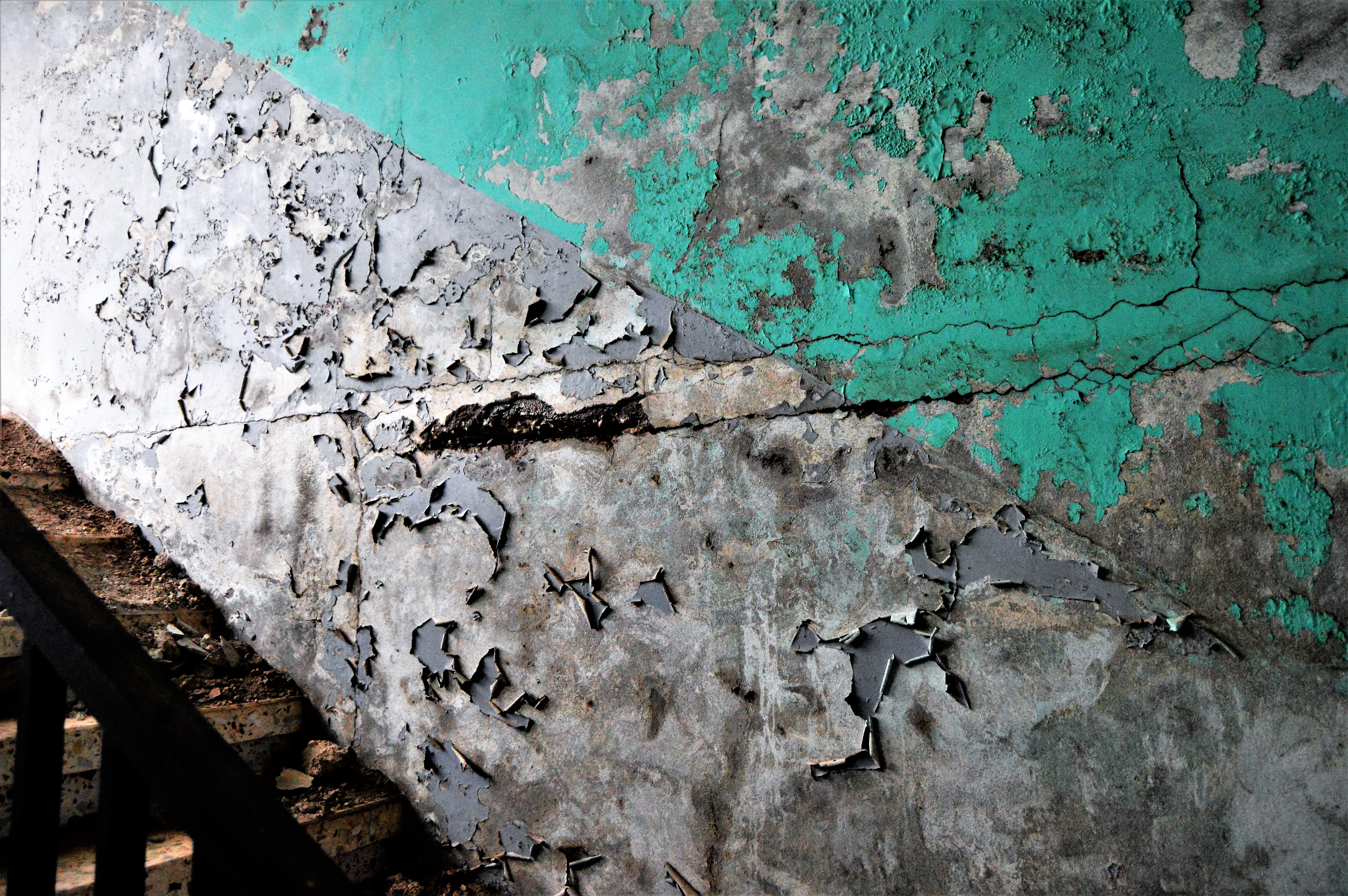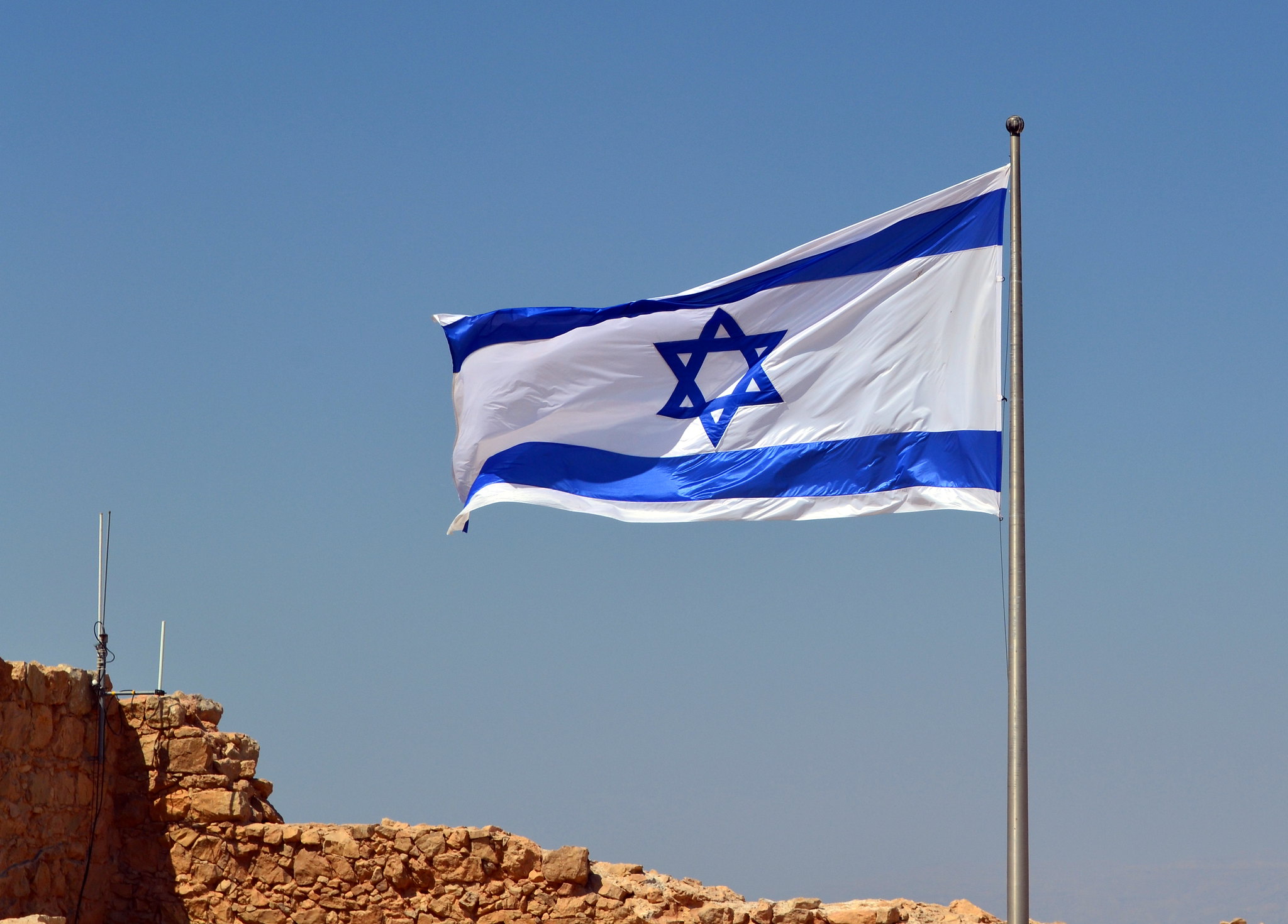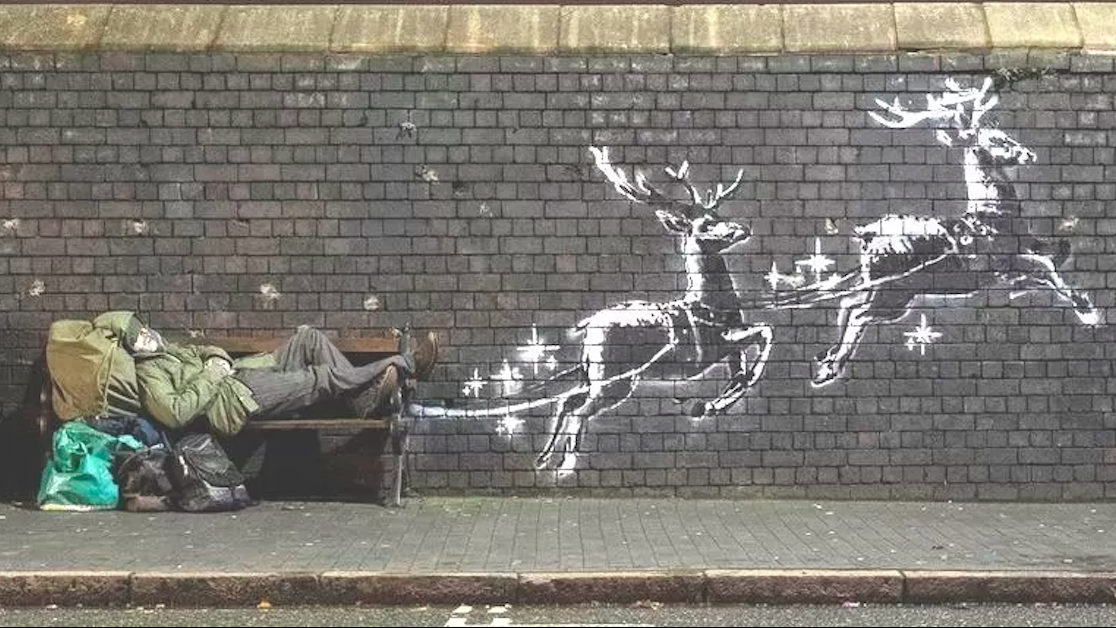MSc student in Development Studies Mario Manenti examines the sociology behind Western media coverage of the victims and refugees of the Russia-Ukraine war, contrasting this with the portrayal of – and reaction to – victims of conflicts in non-Western regions like the Middle East.
Following Russia’s invasion of Ukraine, the whole world’s attention has turned to this humanitarian crisis. During the ongoing media coverage from major international news outlets, a recurring pattern has emerged, suggesting that Ukrainian citizens are more deserving of sympathy than victims of other military conflicts outside of the Western world. A number of comments made by journalists for The Telegraph, CBS News, the BBC and Al Jazeera English have sparked anger on social media for supposedly having biased and racist implications. For instance, Ukraine’s Deputy Chief Prosecutor David Sakvarelidze told the BBC “It’s really emotional for me because I see European people with blue eyes and blonde hair being killed” while Charlie D’Agata of CBS News commented that compared to cities in Iraq and Afghanistan, Ukraine’s capital Kyiv is “relatively civilised, relatively European” city and “one where you wouldn’t expect that or hope that [an invasion is] going to happen”. These statements have been criticised for insinuating that people living in conflict zones outside the Western world are both uncivilised and used to the horrors of war, with many condemning the ubiquitous tendency of Western media to normalise catastrophes in certain parts of the world. What are the causes of Western media’s double standard when it comes to the Ukraine conflict? Where do these Eurocentric biases which consider certain human lives more valuable than others originate from? There are several psychological mechanisms at play.
The tribal nature of humans
Human beings, like other primates, are inherently tribal. We are fundamentally a group-living species who needs to belong to groups to live satisfying lives. This tendency is pervasive in society, as illustrated by the fact that we grow up in family groups, work in teams, support sports clubs and are members of a variety of ethnic, cultural and gender groups, just to name a few. Indeed, for many of us, one of the most difficult challenges of the COVID-19 pandemic has been our lack of interaction with friends and family, resulting in significant psychological consequences, ranging from increased rates of anxiety and panic disorders to depressive symptoms. Even before the pandemic, scientists began exploring the adverse physical and psychological effects of prolonged isolation. We are simply not designed to live isolated from others.
“Us vs. Them” predisposition
However, not only do humans have a powerful predisposition towards group formation, they also have the propensity to differentiate between the group which they are part of, namely the in-group, and other groups, namely the out-group. This “Us vs. Them” categorisation occurs in a subconscious or spontaneous manner, based on familiar characteristics and shared beliefs. It inevitably influences social perception and behaviour, usually depicting more positive behaviours and views towards in-group members, a tendency known as in-group favouritism. In fact, we tend to express prosocial behaviour, namely helpful and supportive behaviour, towards people of our own group. And that is because it is highly beneficial to be members of supportive and cooperative in-groups. Think about your family, work friends, religious organisations, your football club’s fanbase or political allies, all delivering a sense of social identity that brings meaning to all our lives.
Unfortunately, this susceptibility has the potential to be dangerous as it can lead to extreme bias for one’s in-group, to the detriment of out-groups. By performing in-group/out-group classification, something that we do every day, we have the potential to create social biases and discriminatory attitudes towards out-group members. A clear example of this is illustrated by what is known as the empathy gap. Researchers on group affiliations and intergroup bias have demonstrated that while individuals tend to experience empathic pain when they see another person’s suffering, this sensation is significantly reduced for individuals from an out-group. Another repercussion stemming from intergroup bias is dehumanisation, a process in which humans deprive members of the opposing groups of basic human characteristics.
Psychological mechanisms in action
These psychological mechanisms are evidently at play within Western media’s coverage of the Ukraine war. David Hannan of The Telegraph wrote that Ukrainians “seem so like us, that is what makes it so shocking” while Al Jazeera English presenter Peter Dobbie described Ukrainian people fleeing the war as looking “like any European family that you would live next door to”. In both cases, the writer and the presenter saw Ukraine, which is an Eastern European country, and Ukrainians, whose physical appearances resemble that of a typical European, to be part of their imaginary “in-group”. These cases accentuate a common human characteristic, that of liking people and faces that are “typical””, meaning faces that are closer to what we perceive as typical in our social environment. To Western eyes, Ukrainians look familiar, activating the empathetic tendency that responds predominantly to in-group members. This contrasts with how the Western world, including Western media, has reacted to wars in Syria or Yemen, to name just a few. In response to external conflicts, the sympathy felt by people in the West quickly dissipates and victims dissolve into statistics.. This points to our selective empathy, how we view members of our in-groups as inherently more valuable, and can empathise more easily with them, than members of out-groups.Reading stories or watching the news about refugees fleeing from Afghanistan, Somalia or Syria, Westerners feel less empthatic to them based on perceived differences such as how they look, dress, speak or pray.
Nature vs. Nurture
As if our natural predisposition wasn’t already enough, most human behaviours and attitudes are influenced by both a genetic and an environmental factor. That is, we are not only naturally predisposed to form groups and be biased towards others, but we are also taught this behaviour as well. Human culture has a very strong impact on human drives and so, whether we begin trusting or tolerating someone different from us is highly dependent on cultural phenomena. S. Just think of orientalist and (neo)-colonial ideologies, The Western world’s centuries-long production of eastern and African nations as ‘other and inferior exacerbates natural in-group predispositions prejudices and reduced empathy towards these out-groups.
What can be done
Although the influence of these predisposed and learned biases on our behaviours is depressing and the apathy and antipathy it fosters towards those who are different from us, there is still some hope. Simply because we are subject to prejudicial instincts does not mean they must rule us. We are highly intelligent beings who possess the capacity to reason morally and think rationally to devise strategies to cope with such biased attitudes. The starting point in addressing such biases is becoming aware of their existence. There is abundant evidence to support the idea that, as one might expect, those who are more driven to combat prejudices of any sort do become much less prejudiced than their peers. In addition, our proclivity for in-group prejudice may actually help us overpower its deeply unfavourable side. Scholars have begun exploring how divides between groups may be overcome by bringing together in-group and out-group members under the umbrella of a superordinate group. This research suggests that divisions between groups could potentially be overcome by learning to base their identity on the fact that they are all human. As such, instead of viewing people as members of specific groups, we should regard them as simply individuals, part of the same species. Acknowledging that we share more than 99% of our DNA with every single person on earth can surely help. In this regard, educational institutions and media outlets can play a decisive role in pushing for a unifying superordinate identity. All human suffering should generate compassionate responses and people in general should be treated in the same way, regardless of their group affiliations. While Ukrainians may seem just like us, it is important to remember that so are people from Palestine, Syria, Yemen, Iraq or Afghanistan.
The views expressed in this post are those of the author and in no way reflect those of the International Development LSE blog or the London School of Economics and Political Science.
Photo credit: UN Women Europe and Central Asia on Flickr.






The woke brigade, at the BBC and elsewhere, never understood the fundamental nature of their own Psyche. Hopefully they will now realise their base instincts are the same as everyone else, and they will stop their holier than thou lecturing and virtue signalling.
Great article, very well written and engaging to read. This truly highlights the issues in how western media constantly portrays favorites and exudes empathy to people in their “in-group”. So unfortunate because of how this extenuates pre-existing issues from demographics in the west that already feel isolated in how they look, speak, dress & pray. Nice job Mario
Spot-on article! This write-up made me realise that many of us noticed the apparent gaps in the news headlines when reporting about certain groups of refugees. This is truly saddening to know the fact that some people subject their behaviours or reactions to the characteristics of the groups asking for refuge instead of having empathy for all.
A great piece! I am hopefully not alone, I hope, in my constant frustration of of the polarised position portayed by the the media ( and entertainment channels such as YouTube) and spokespeople for governments across Europe, who have clearly failed to understand history and the culture of the regions.
In essence many families in Russia have close relatives in Ukraine. They are not polar opposites in terms of nations as is portrayed by the media. NATO for twenty years, has been aware of the consequences of pushing up to the borders of Russia – they had dialogue and were were warned. Yet, NATO dominated by the US and their continual creation of paranoia amongst nations in Eastern Europe (resulting in weapon sales $$$) has now become a force again after previously been considered impotent.
Putin, having learnt lessons from when Yelsin was in power, had no choice or be removed. What did everybody expect. The Western Generals and military are now happy because at least they now involved and feel useful again.